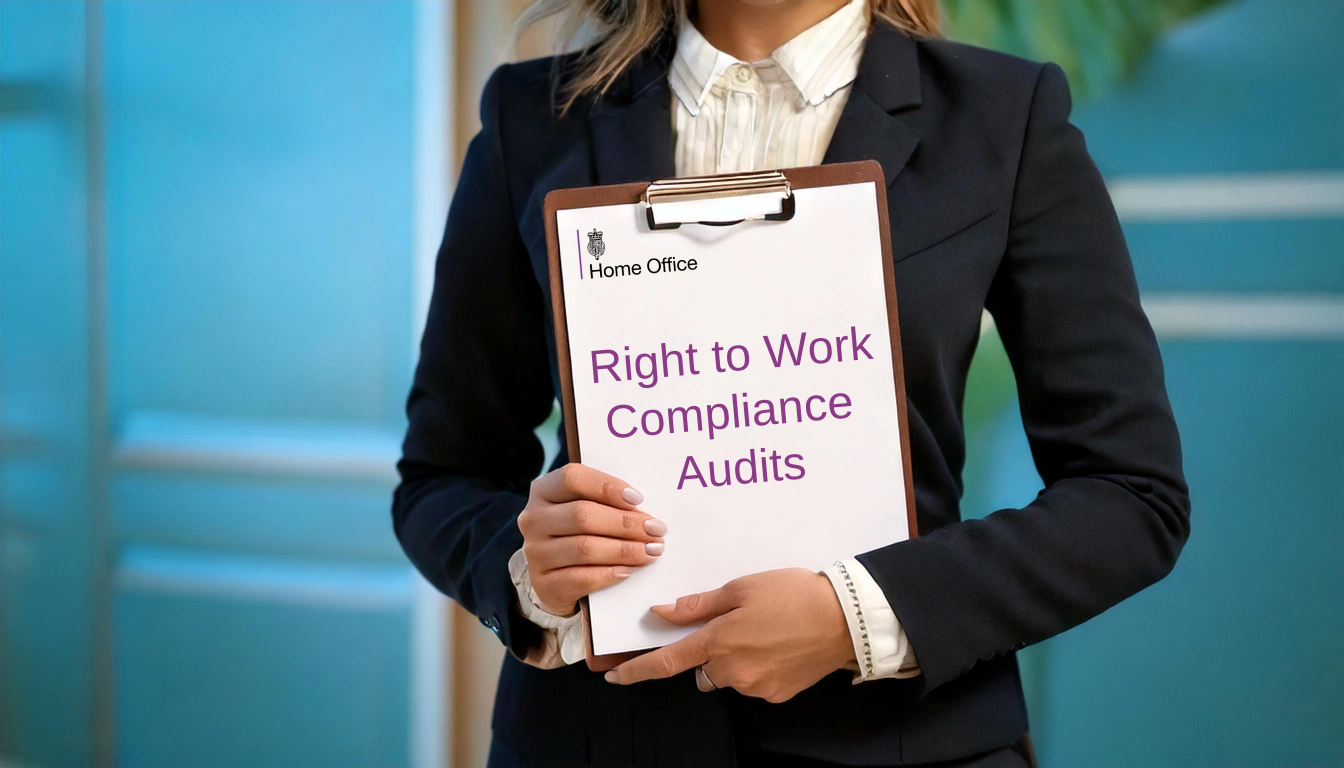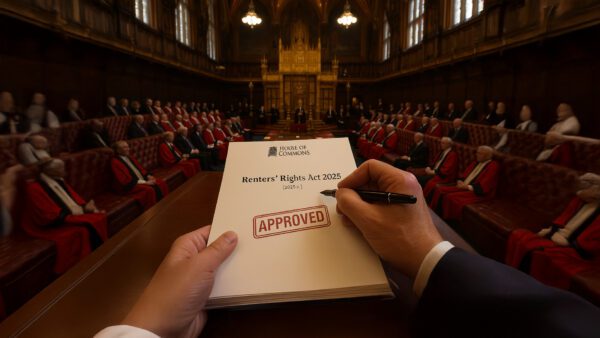The UK’s immigration landscape has seen significant changes in recent years, particularly in the realm of Right to Work (RTW) checks. The increased focus on compliance audits by the Home Office reflects the government’s drive to tighten immigration controls and ensure that businesses are not employing illegal workers. For employers, this shift places greater emphasis on rigorous adherence to RTW obligations, with failure to comply carrying potentially severe consequences.
Understanding Right to Work Checks
The Right to Work check is a statutory duty for employers to verify that their employees have the legal right to work in the UK. The aim is to prevent illegal working and reduce the incentives for people to enter or remain in the UK unlawfully. Employers must carry out these checks before an employee starts work and follow a prescribed process to avoid liability for any breaches.
The key steps in a RTW check include obtaining original documents from an approved list (such as a passport, visa, or biometric residence permit), checking that the documents are valid and belong to the individual, and making copies to keep on file. Since April 2022, many checks have moved to an online system, particularly for individuals holding biometric cards or settled status under the EU Settlement Scheme. For British and Irish nationals, manual checks remain an option, but the introduction of certified identity service providers (IDSPs) allows for digital verification as well.
The Increasing Scrutiny of Compliance Audits
The rise in compliance audits is an indication that the Home Office is taking a more proactive stance on monitoring RTW practices. Compliance audits are typically unannounced visits where immigration officers assess an employer’s records to ensure they are fulfilling their RTW obligations. These audits can result in significant penalties if businesses are found to be non-compliant, including civil fines of up to £20,000 per illegal worker and criminal liability in cases of intentional non-compliance.
Since Brexit and the end of free movement for EU citizens, there has been a marked increase in these audits as the Home Office seeks to clamp down on illegal working. With EU workers now needing immigration status, many businesses have struggled to adapt to the new processes, making them more susceptible to non-compliance.
The Role of Technology in RTW Compliance
The shift towards digital RTW checks has been a double-edged sword for many employers. On the one hand, the online systems, including the Home Office’s Employer Checking Service, have streamlined the process and reduced the risk of human error. On the other hand, the complexity of the system, combined with frequent updates to immigration rules, has left some employers unsure of their obligations, increasing the risk of compliance failures.
The rise in the use of IDSPs also means that companies can now outsource some aspects of RTW checks, but this does not absolve them of responsibility. The legal liability remains with the employer, meaning businesses must carefully select their service providers and ensure robust internal procedures remain in place.
Preparing for Increased Audits
The best way for employers to prepare for potential audits is by adopting a proactive approach to compliance. This includes conducting regular internal audits of their RTW processes, ensuring that all staff responsible for RTW checks are properly trained, and staying up-to-date with changes in immigration law and Home Office guidance. Clear record-keeping is crucial, as is conducting follow-up checks on employees with time-limited work permission.
Increased compliance audits should be seen as an opportunity to review and strengthen internal procedures. By ensuring robust RTW practices, employers can protect themselves from penalties and contribute to broader efforts to tackle illegal working in the UK.
Conclusion
In conclusion, the heightened focus on compliance audits highlights the importance of adhering to RTW obligations. Employers must be vigilant and prepared for the possibility of an audit, ensuring that they follow the correct procedures and maintain accurate records. As the Home Office intensifies its efforts to enforce immigration law, businesses must stay compliant to avoid costly penalties and reputational damage.
If you or your connections require legal advice, please contact Jayesh Jethwa or fill out our enquiry form below.









